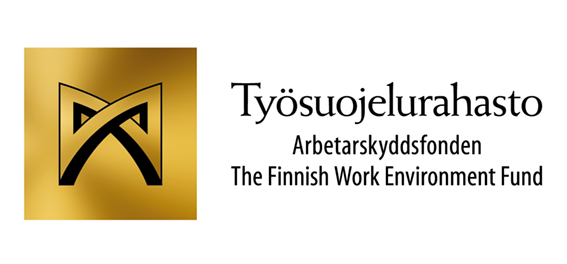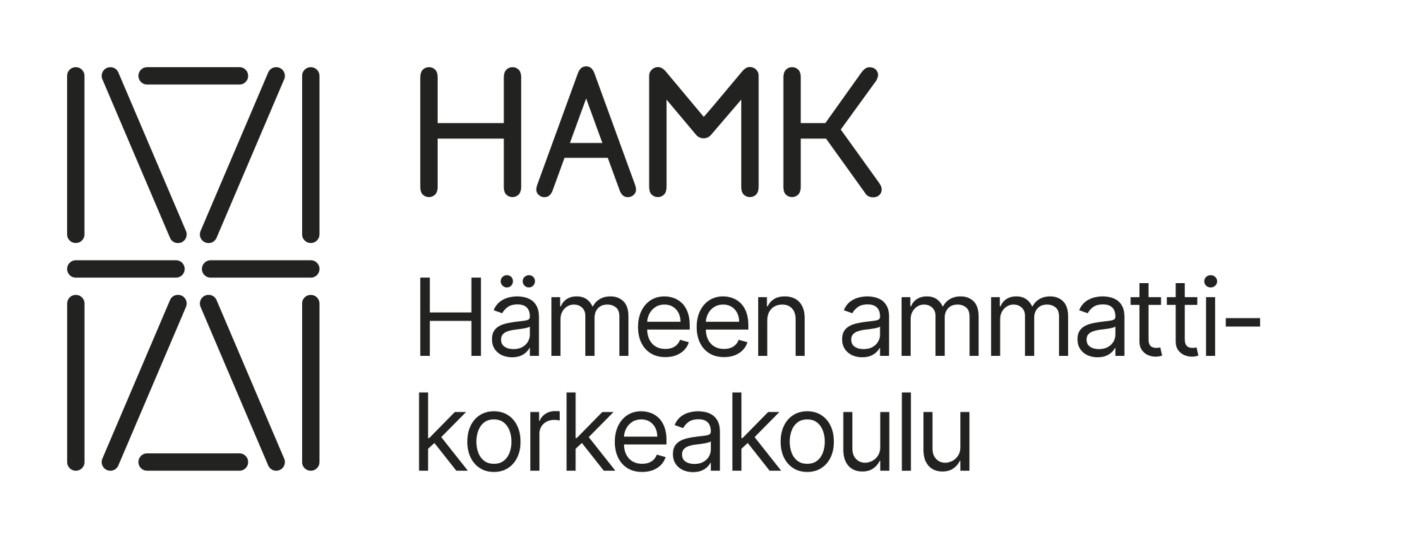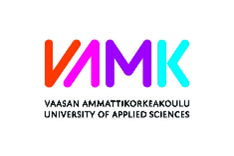Artificial Intelligence Supporting Social Welfare Work

Duration of the project
Source of funding
Occupational Safety and Health Fund
Total funding
997 000 €
Project description
The study explores the current state and potential of artificial intelligence (AI) in social welfare to enhance productivity and employee engagement. Challenges in social welfare, such as labor shortages, staff turnover, and employee overload, highlight the need for innovative solutions. The research assesses employees’ AI readiness, attitudes, and ethical dimensions of AI, especially in disability services, elderly residential care, and child welfare. Data will be collected through surveys, and recommendations for supporting AI utilization will be developed alongside training and workshops to enhance AI skills. The target organizations include numerous private and public social welfare organizations.
Goals
The research project aims to increase understanding of the potential of artificial intelligence (AI) in social welfare and to support its broader implementation by strengthening professionals’ motivation, readiness, and competence to use AI in promoting well-being at work and productivity. The project seeks to promote evidence-based decision-making, support the development of task structures, and lay the foundation for new professional roles and the effective deployment of AI. This contributes to the cost-effective use of staff expertise, enhances the sector’s attractiveness, and ensures that AI supports the development of social welfare and its capacity to respond to future challenges. The project also aims to strengthen the role of social welfare in the scientific discourse on AI utilization, which has so far focused more heavily on the healthcare sector.
Results
The study will produce information on the current state of AI utilization in social welfare, as well as recommendations for AI use that supports work engagement and productivity, while addressing ethical considerations to ensure client and patient safety. The recommendations will focus especially on areas such as 24-hour elderly care, disability services, and child welfare substitute care. They will include AI use cases and best practices to improve sector productivity, better allocate resources, and strengthen professionals’ competencies and readiness for implementing AI.



Contact us
Partners
- Häme University of Applied Sciences
- Vaasa University of Applied Sciences
Meet the research team
-
Research teams
Development of Child and Family Services and Management
See all our projects
We carry out nearly 200 RDI projects annually together with working life and our international partner networks.

